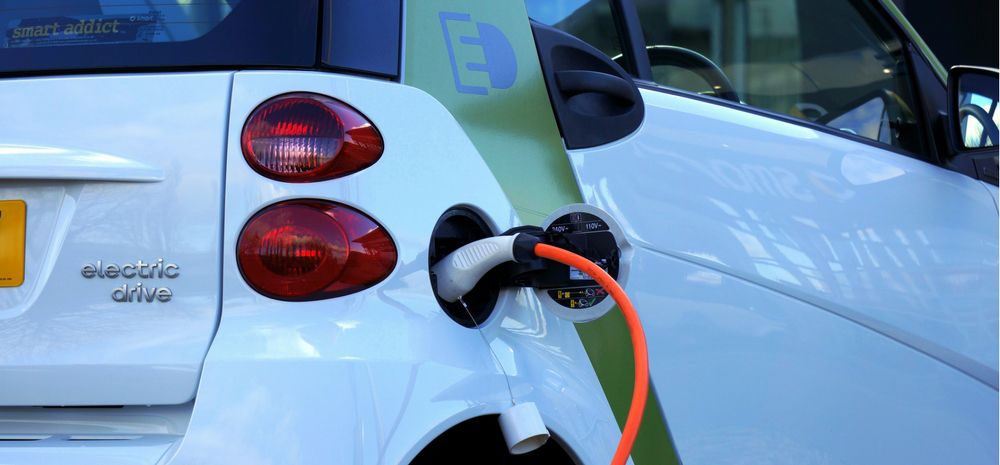India’s First Electric Vehicle Charging Station Set Up At Nagpur!
The rising levels of pollution in India and the recent pollution debacle in Delhi, has highlighted how air-pollution caused by vehicles can be dangerous.

Electric cars are still a rarity in India. To contribute to and support the idea of a greener India, the state-owned Indian Oil Corporation (IOC) and India’s largest cab aggregator Ola have launched India’s very first electric vehicle charging station at an IOC petrol pump in Nagpur.
The rising levels of pollution in India and the recent pollution debacle in Delhi, has once again highlighted how air-pollution caused by vehicles can be dangerous.
Contents
India’s First Electric Vehicle Charging Station
Indian Oil Corporation (IOC) has collaborated with Ola to launch the country’s first electric charging station in Nagpur. It will also the first Indian city to introduce an Electric Public Transportation Model in the country.
Nagpur became the first city in India to introduce the electric public transportation model, when it introduced around 200 electric vehicles back in May which includes taxis, buses, e-rickshaw and autos.
In a positive move, Indian Oil Corporation (IOC), which is India’s leading oil refiner and marketer, is promoting ecological sustainability. They have termed it to be an important part of their core business.
Ola is also planning to launch their own fleet of e-cars. Thus, this partnership would mobilise others to re-imagine how India is going to commute in the coming years.
Pollution, Government’s Initiative & Electric Cars
Electric cars and vehicles hold the key to solving some of the key issues relating to pollution. Presently, India is going through a very hard time with respect to vehicular pollution and air quality index. Ola being a mass scale mobility platform, can help to bring a catalytic change in the way we commute.
Ola is helping to build an Electric Vehicle eco-system in the country starting with Nagpur. These Electric Vehicles (EVs) can help curb air pollution to a large extent, with zero emissions.
Back in August, the Ministry of State for Power and Renewable Energy gave a blueprint how the electric cars and vehicles will be produced and sold in India by the end of 2030.
The shift from fossil fuels to electric vehicles will take place gradually. For that to happen, establishing more and more charging stations is important. The government will soon start to franchise such projects and start putting up electric charging stations across the country.
Electric Cars For Government Agencies
Tata Motors recently won a tender to supply 10,000 electric vehicles to the Energy Efficiency Services Limited (EESL) which operates under the Ministry of Power.
The company is going to supply electric vehicles in two phases. In the first phase, Tata Motors will supply 500 e-cars by end of November 2017. The remaining 9,500 Electric Vehicles will be supplied in the second phase in the next 3 to 4 years.
Electric cars will replace petrol and diesel cars used by government officials and agencies over the next 3 to 4 years.
National Electric Mobility Mission Plan: IOC To Produce E-Car Batteries
The latest IOC annual report for 2016-17 has mentioned that the state-owned organisation is planning to set up multiple battery charging stations and are in talks to manufacture and retail lithium-ion batteries for electric vehicles.
The National Electric Mobility Mission Plan launched was launched back in 2013 with the aim of a greener India. The plan follows a model to ensure a vehicle population of about 6-7 million electric and hybrid vehicles in India by the end of 2020.
The vision though was enunciated two years ago, and is aiming to have a 100 per cent EVs by 2030.

Great initiative by Indian Oil Corporation (IOC) that will help to reduce pollution
Great to know! :)
But how much will the electricity COST??
Delhi me jyada jarurat hai,pollution control ke liye